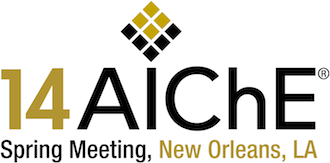

In considering who and what process safety education is delivered in universities, two international bodies have the influence over what is taught.
The two standards in chemical engineering dominating the process chemical industry in USA, UK, SE Asia, and Middle East are: ABET (set in conjunction with AIChE) and UKSPEC (devolved to IChemE) and these can be looked upon as having a common set of chemical engineering competences at the graduating student stage since they offer equivalency of status to each other.
This paper will review the different approaches each institution takes to measure competence in process safety education. This paper will look at how process safety education is provided to students, and question its breadth and depth, challenge the competence level set by the two qualifying authorities and suggest a structure of minimum/ acceptable/ gold standard training that graduate student chemical engineers need to be able to demonstrate. It will also comment on some of the challenges such a proposal faces.
The paper will address the position of the graduating chemical engineer not the specialist safety engineer.
